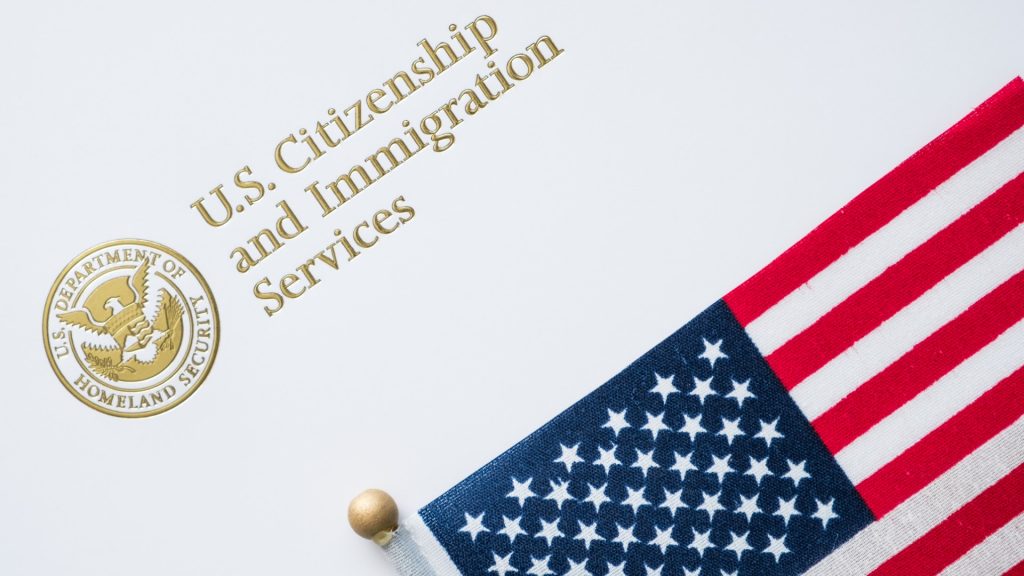Written by William R. Hummel, Esq., Partner, N.C. Board Certified Immigration Law Specialist.
For foreign nationals who are beneficiaries of an immigrant visa petition and are required to process through a U.S. Consulate or Embassy abroad, the accrual of unlawful presence in the United States can have a significant and devastating impact on the ability of the foreign national to return to the U.S. to be with his or her family.
Foreign nationals who have been in the U.S. without lawful immigrant status for more than 180 days but less than one year, are typically subject to a three-year bar from returning to the U.S. after a departure. Foreign nationals unlawfully present for more than one year are typically subject to a 10-year bar from returning to the U.S. after a departure.
The Immigration and Nationality Act permits a waiver of these unlawful presence bars, if the foreign national can demonstrate extreme hardship to a U.S. citizen or lawful permanent resident spouse or parent. Historically, one could only apply for this waiver from outside the U.S. after an immigrant visa interview at a U.S. Consulate or Embassy abroad. This process forced the foreign national applicant to wait outside the U.S. for several months for a decision on the waiver. In addition, this process of applying for the waiver from outside the U.S. required the foreign national seeking a waiver of unlawful presence to take a risk that he or she would be unable to return to the U.S. for a number of years if the waiver application was denied.
As of March 4, 2013, immigrant visa applicants who are immediate relatives of U.S. citizens (spouses, children under age 21, and parents) are eligible to file for this unlawful presence waiver in the United States, before departure for an immigrant visa appointment. Approval of this “stateside” waiver before departure minimizes the amount of time a foreign national is separated from family in the United States. The filing of the stateside unlawful presence waiver is currently limited to immediate relatives of U.S. citizens who can show extreme hardship to a U.S. citizen spouse or U.S. citizen parent. However, pursuant to President Obama’s executive actions on immigration announced in November 2014, USCIS is proposing an expansion of the stateside waiver program to a significantly larger class of foreign nationals.
On July 22, 2015, the Department of Homeland Security (DHS) issued a proposed rule to expand the stateside waiver program to any foreign national statutorily eligible for the unlawful presence waiver and who has not yet had an immigrant visa interview scheduled. DHS is also proposing to expand the list of individuals who may be considered a qualifying relative for the extreme hardship determination, to include lawful permanent resident spouses or parents. The goal of this expanded program is to encourage those foreign nationals to complete the immigrant visa process and minimize family separation.
This proposed change would allow any foreign national who is seeking an immigrant visa abroad, and for whom a visa is available, to submit an application for a stateside waiver of unlawful presence before departure from the United States. The waiver would still require a showing of extreme hardship to a qualifying relative if the waiver is not approved, but it would allow any U.S. citizen or permanent residence parent or spouse to be considered a qualifying relative.
This is a tremendous change and provides a huge benefit to those foreign nationals who are not immediate relatives of U.S. citizens, and who until this point have been unwilling to take the risk of completing the waiver application process abroad. Under the proposed federal regulations, all statutorily eligible immigrant visa applications, whether through family-based petitions or employment-based petitions would be eligible for this expanded stateside unlawful presence waiver. USCIS indicates that this expansion of the stateside waiver program would benefit an estimated 10,000 foreign nationals per year.
The expansion of the stateside unlawful presence waiver is still limited to those foreign nationals whose sole issue regarding admissibility is unlawful presence. Those foreign nationals with other grounds of inadmissibility, including fraud, criminal conduct, medical issues, etc. are not eligible for the stateside waiver program. Any foreign national who believes he or she may be eligible and in need of a stateside unlawful presence waiver before an immigrant visa appointment, may contact our office and confer with an attorney to determine eligibility and discuss the potential benefits of the expanded waiver program.

